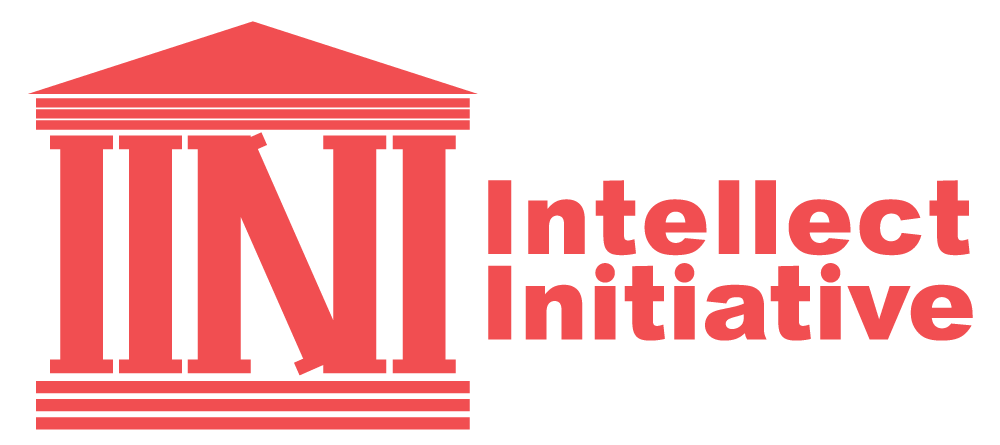In the realm of human success, there is a profound factor that plays a pivotal role in determining outcomes—the concept of locus of control. Locus of control refers to an individual’s belief regarding the extent to which they have control over the events and circumstances in their lives. It serves as a powerful psychological tool that can greatly influence personal and professional achievements. Understanding and harnessing this concept can unlock doors to remarkable accomplishments and a fulfilling life.
Internal Locus of Control: Individuals with an internal locus of control firmly believe that they hold the reins of their destiny. They perceive themselves as active agents capable of shaping their outcomes through personal efforts, decisions, and skills. Those with an internal locus of control embrace challenges as opportunities for growth, take responsibility for their actions, and exhibit resilience in the face of adversity. This mindset empowers individuals to navigate through obstacles, persist in the pursuit of goals, and ultimately achieve remarkable success.
External Locus of Control: On the other hand, individuals with an external locus of control perceive external factors such as luck, fate, or powerful others as the primary drivers of their successes or failures. They attribute their achievements or setbacks to external forces beyond their control. While the external locus of control can sometimes serve as a coping mechanism, relying solely on external factors can hinder personal growth and limit one’s potential for success.
The Impact on Human Success: Locus of control influences various aspects of human success, including career advancement, academic achievements, and overall well-being. Those with an internal locus of control tend to be proactive, motivated, and resilient. They take ownership of their choices, set ambitious goals, and actively seek opportunities for growth. By perceiving setbacks as learning experiences and challenges as stepping stones, they continuously push boundaries and create their own opportunities for success.
Developing an Internal Locus of Control: The good news is that individuals can develop and strengthen their internal locus of control. By cultivating self-awareness, embracing personal responsibility, and focusing on the aspects of life they can control, individuals can shift their mindset and empower themselves. Building self-confidence, setting realistic goals, and seeking feedback are all powerful strategies to foster an internal locus of control and enhance the chances of achieving personal and professional success.
Conclusion: The concept of locus of control unveils the remarkable power individuals possess to shape their own success. By cultivating an internal locus of control, individuals can tap into their inner potential, overcome obstacles, and make meaningful progress towards their goals. Recognizing the influence of locus of control and consciously adopting a proactive mindset can pave the way for a more fulfilling and accomplished life. Embrace the power within, take control, and embark on a journey of remarkable success.

